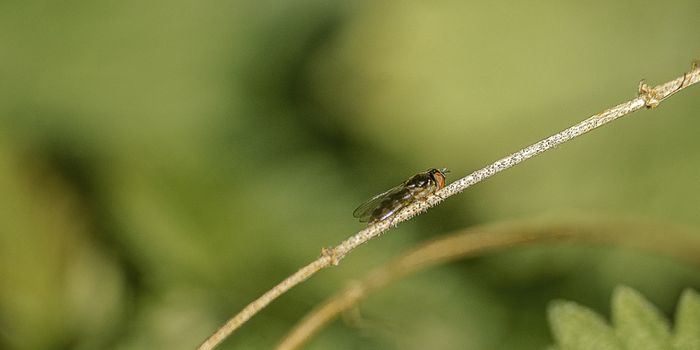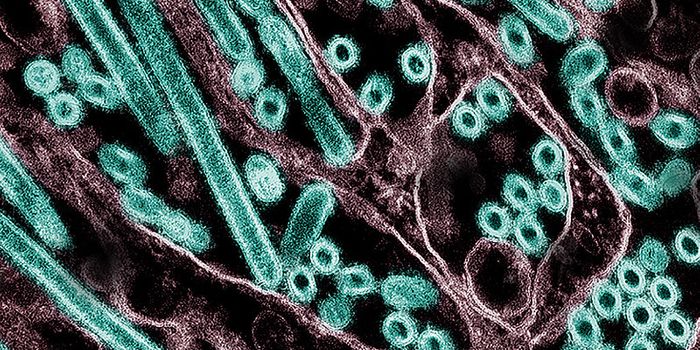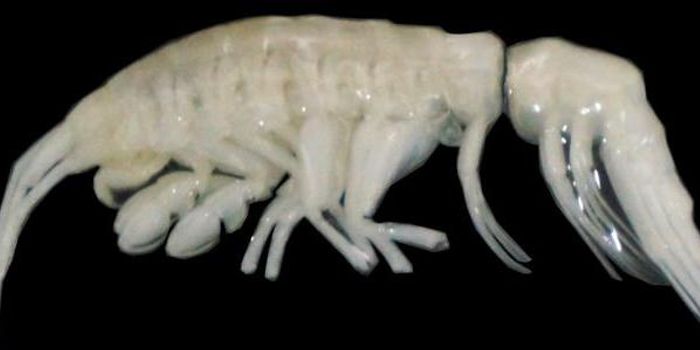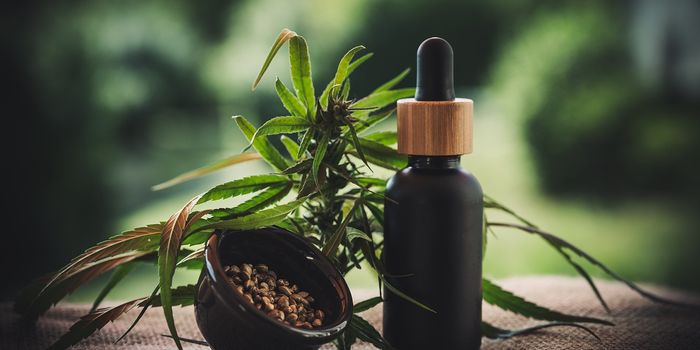Bacteria Caused the Deaths of Hundreds of Elephants
African elephants are a threatened species that are increasing in some areas but at risk in many others. There are probably under half a million left. They can still be found in countries across Central, Eastern, and Southern Africa. Botswana, in Southern Africa, is thought to be home to around a third of all African elephants. In May of June of this year, there was a mysterious, rapid mass death of elephants in the Okavango Delta in Botswana; 330 elephants died. Scientists have been searching for the cause.
Researchers now know that these elephants were likely killed because they drank water that was contaminated with a microbe called cyanobacteria. Scientists were not sure that these pathogens were the culprit at first because they tend to grow at the edges of ponds while elephants drink from the middle. Tests, however, have confirmed the cyanobacteria are to blame.
Climate change may make cyanobacteria blooms more likely.
Cyanobacteria are also known as blue-green algae and are one of the biggest groups of bacteria on the planet. They use sunlight to grow and can survive in different kinds of water and in soil. Some strains of cyanobacteria produce toxins, sometimes called cyanotoxins. There is a wide range of cyanotoxins, which produce many different effects in humans and animals, including but not limited to vomiting, gastroenteritis, liver damage, eye irritation, fever, and death.
"Our latest tests have detected cyanobacterial neurotoxins to be the cause of deaths. These are bacteria found in water," the Department of Wildlife and National Parks' Principal Veterinary Officer Mmadi Reuben said at a press conference.
The elephant deaths "stopped towards the end of June 2020, coinciding with the drying of [water] pans," reported the AFP.
Bacteria have also been found responsible for the deaths of a group of elephants in Zimbabwe. The animals there are also thought to have died quickly, between August 24 and September 23. Tests have indicated that hemorrhagic septicemia killed the elephants, said Zimbabwe Parks and Wildlife Management Authority director Fulton Upenyu Mangwanya.
A series of droughts in Zimbabwe may be making the growth of this bacteria more likely, again suggesting that climate change is already having major implications for many species across the world.









